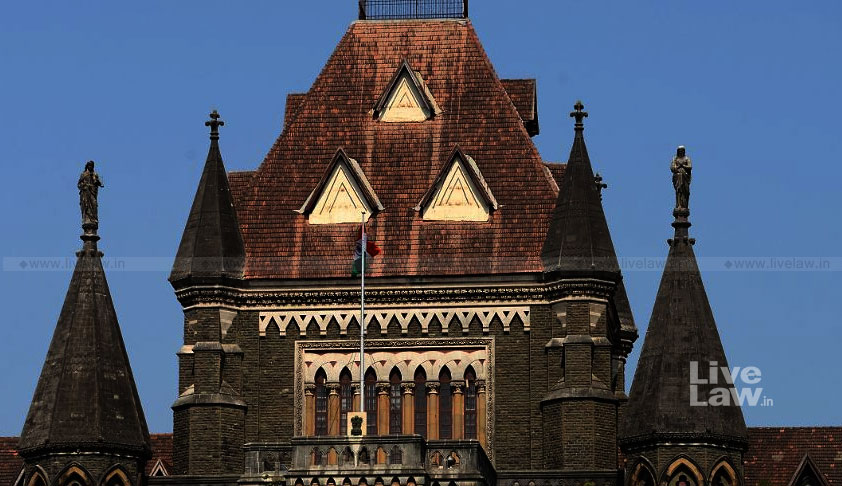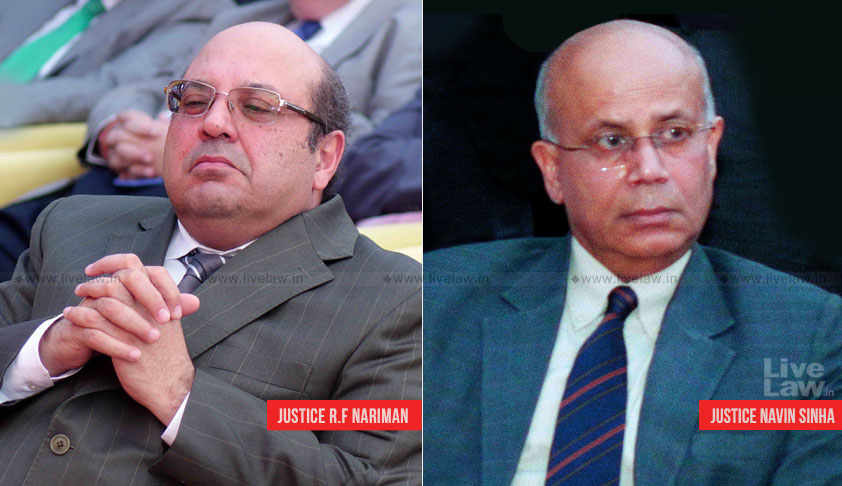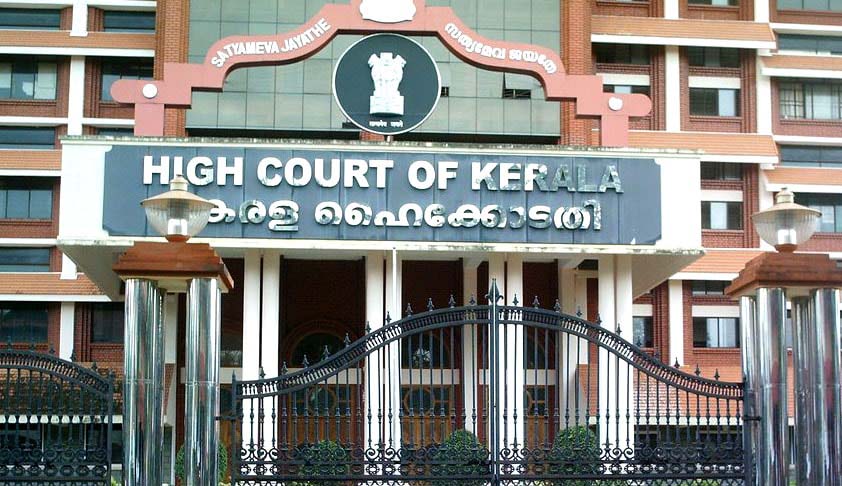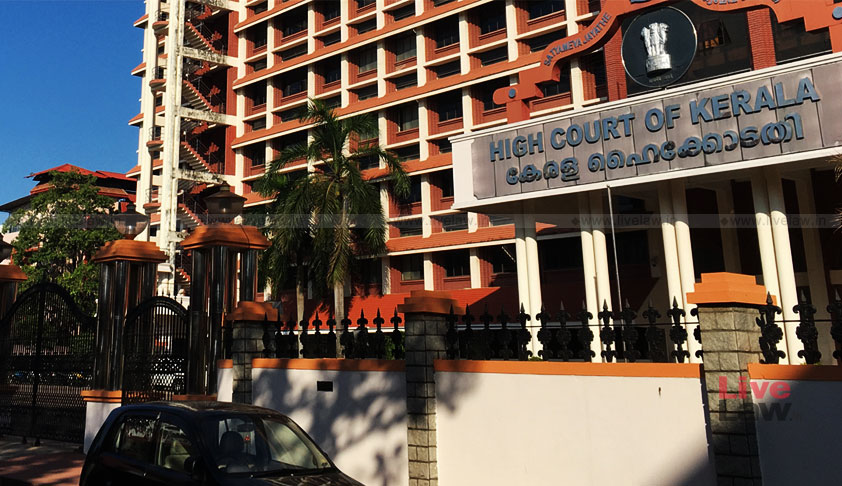
The Competition Commission of India has held that cab aggregators Ola and Uber are not indulging in price fixing in contravention of the Competition Act.
On November 6, the CCI dismissed a complaint filed by Samir Agrawal, a legal practitioner, alleging that the the algorithmic pricing adopted by the aggregators takes away the liberty of individual drivers to compete with each other and thus amounts to price fixing by them in contravention of the provisions of Section 3 of the Act.
Two more allegations were raised by him. One, the condition in the agreement between drivers and the aggregators prohibit drivers to offer services at a price lower than the algorithmically fixed prices, resulting in fixation of minimum resale price maintainance agreement in contravention of Section 3(4)(e) of the Act. Next it was alleged that owing to information asymmetry they price discriminate to the disadvantage of the riders.
He submitted that unlike platforms like like Airbnb, Zomato, Trivago etc., Ola & Uber does not give room for drivers to freely negotiate price with riders. It was his further contention that the drivers and the aggregators have colluded through their agreements to artificially fix prices at an inflated level manipulating their monopoly over information, and this was akin to a 'hub and spoke' arrangement, where individual dealers use a third party platform conspiring to manipulate sensitive information to fix prices. It was contended that the arrangement was similar to cartelization, which was frowned upon by the CCI in Builders Assocation v Cement Manufacturers Association case.
The CCI rejected all the allegations through a 13-page order passed by a coram of Chairperson Sudhir Mital, Augustine Peter and U.C Nahta. It was held that prices were fixed by the algorithm on the basis of personalised information of riders along with other factors e.g. time of the day,traffic situation, special conditions/events, festival, weekday/weekend which all determine the demand-supply situation.
Resultantly, the algorithmically determined pricing for each rider and each trip tends to be different owing to the interplay of large data sets. It was noted that "the dynamic pricing can and does on many occasions drive the prices to levels much lower than the fares that would have been charged by independent taxi drivers".
The CCI found that the arrangement was not a "hub and spoke" arrangement as there was no conspiracy or collusion amongst drivers and aggregators to fix price by manipulating information. The prices were automatically fixed by the algorithm on a combination of factors.
"For a cartel to operate as a hub and spoke, there needs to be a conspiracy to fix prices, which requires existence of collusion in the first place. In the present case, the drivers may have acceded to the algorithmically determined prices by the platform (Ola/Uber), this cannot be said to be amounting to collusion between the drivers. In the case of ride-sourcing and ride-sharing services, a hub-and-spoke cartel would require an agreement between all drivers to set prices through the platform, or an agreement for the platform to coordinate prices between them. There does not appear to be any such agreement between drivers inter-se to delegate this pricing power to the platform/Cab Aggregators. Thus, the Commission finds no substance in the first allegation raised by the Informant", the order stated.
It was found that there was no agreement or meeting of minds between the drivers and aggregators, and also between drivers inter-se to fix price
The second allegation regarding minimum resale maintainance was rejected on the ground that there was no 'resale' in the context of app-based cab services.
"While the drivers offer the physical service of transportation to the riders and are legally independent entities, they are effectively extensions or agents of the OPs when they operate through the OPs’ platforms. A single transaction takes place between the rider and Ola/Uber, who provides a composite service of the driver-rider matchmaking, the ride, GPS tracking etc. and price is generated only once. The OPs, by performing a centralized aggregation function that rests on algorithmic determination of prices, have the sole control over prices. In absence of any resale of services, the allegation of resale price maintenance is not tenable", held the order.
It was noted that no evidence was produced to suggest that the price determined by the algorithm will be necessarily higher than the prices that are negotiated by drivers and the riders on an individual trip basis.
The allegation regarding price discrimination due to information asymmetry was rejected on the ground that Ola and Uber were alleged to be dominant players in the app-based cab market. Imposition of discriminatory price is prohibited under Section 4(2)(a)(ii) of the Act only when indulged in by a dominant enterprise. Reference was made to an earlier order passed by CCI holding that Ola, Uber do not hold a dominant position in the market.
The CCI also distinguished its decision in Cement Manufacturers' Association case. The situation of cement manufacturers colluding through a trade association to manipulate pricing cannot be equated to app-based cab services. Ola and Uber are not an association of drivers, rather they act as separate entities from their respective drivers. The rider is booking service of an anonymous driver and there is no scope for a driver to co-ordinate with other drivers.
The comparison of the Ola/Uber App with Airbnb, Trivago and Zomato etc. was held to be misconstrued . The consumers buying through Zomato have a preference for a particular restaurant, and consumers booking hotels through Trivago wishes to know the options available in terms of their offerings and characteristics etc. It cannot be equated with a Cab Aggregators’ app where the consumers have no material information about the drivers available in its area of demand. "The rides offered by individual drivers, through Ola/Uber App constitute homogenous products where riders are indifferent between different drivers registered with a particular Cab Aggregators", it was held.
Read Order

















